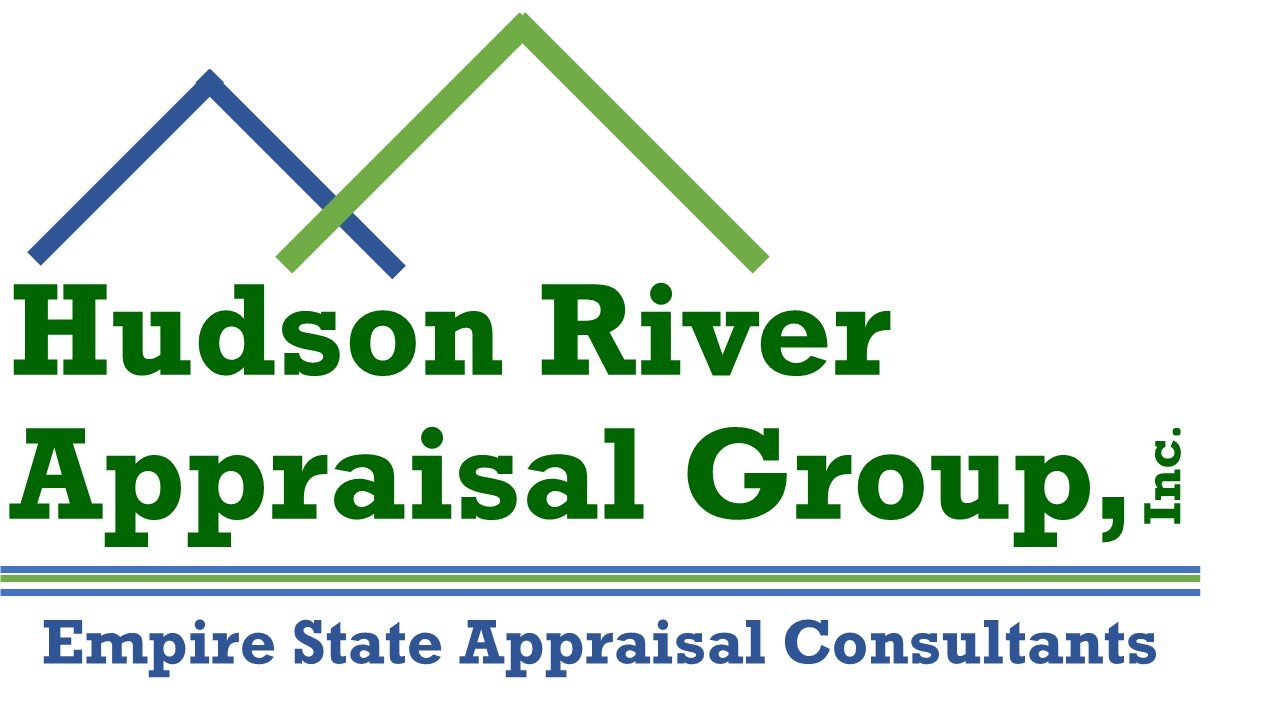FAQ - Assessment Notices
Its tax time. Are your taxes too high? Has your community recently undergone a re-evaluation? Understand how your assessment effects your overall tax liability. For in depth information, please refer to the New York State Department of Taxation and Finance website via the following link; https://www.tax.ny.gov/pit/property/learn/index.htm
Your Assessment Notice and What to Look For
The assessment of your property is a correlation of market value and the equalization rate for the community. If you received a notice that your assessment went up, don’t panic. Refer to your notice and look for key details. Is the proposed equalization rate going to be 100%? What was the previous year’s equalization rate? Did the market value of your property increase? In most cases the municipality wants both to be the same. Look at the Fair Market Value of your property. Did it change? The purpose of an assessment increase, or reassessment, is often to align the assessment with the fair market value of a property so that both are the same. Finally, look at the projected tax cost. Did it change? In many situations, while the assessment increases the actual tax rate decreases resulting in a nominal increase, if any, in your actual out-of-pocket expense.
When is Grievance Day?
In most municipalities, grievance day is the fourth Tuesday in May and can run through the second Tuesday in June. Always check with your local assessor’s office on the exact date and time.
What to do?
What do I do for grievance? An assessment grievance can be accomplished in a number of different manners, most at no or little cost to the property owner.
Make an appointment with your assessor to explain your case. In many instances, the assessor is open to meeting with you. There you can review your property information on file and discuss with the assessor the details of your tentative assessment. In many instances, a resolution can be agreed upon at the meeting.
File a formal grievance. This requires the filing of the RP-524 Complain of Real Property Assessment (link to form). Deliver the completed form by the required deadline, or if necessary, someone in the assessor’s office should be able to assist you in properly completing the form.
Prepare for grievance day. Bring any supporting documentation for your claim. This could include neighborhood assessments, recent sale activity or an actual appraisal of your property by a licensed appraiser. (That is where we come in).
Should your grievance be denied by the Board of Assessment Review (BAR), you can contest their decision by seeking a SCAR (Small Claims Assessment Review) or a Tax Certiorari proceeding in front of a County Court.
Who can Dispute an Assessment?
Anyone that is a related party to the property. This includes the property owner, a potential purchaser of a property, and a tenant of a property when that tenant is responsible for the payment of the taxes. This situation is more common in commercial properties.
Who can Represent You if You Cannot?
When a property owner is unable to represent themselves, they can elect to have a representative do it for them. This could be almost anyone, with permission from the property owner, and can include family members, Realtors and attorneys. However, real estate appraisers cannot represent a property owner IF they complete the appraisal. It is against the licensing of the appraiser to advocate their own appraisal or opinion of value.
Key Dates of Assessment and Taxes
There are seven key tax dates;
County and municipal tax bills mailed – January
Taxable status date – March 1
Tentative roll established – May 1
School Budget vote – Third Tuesday of May
Grievance Day – Fourth Tuesday of May thru second Tuesday of June
Final roll established – July 1
School tax bills mailed – September
If you would like to contest your assessment, give us a call. An appraisal is often the best tool to help you support your grievance.

